LESSON OVERVIEW
This lesson plan about stereotypes includes a lot of tasks for students to learn and practise vocabulary. It also sparks a discussion and ends with a short video about racial preferences in dating.
This is a Flipped Classroom lesson plan. In a nutshell, it means that the first part of the lesson needs to be done by students at home. Learn more about flipped classroom and how we implement it in these lesson plans in our post.
PRE-CLASS ACTIVITIES
The pre-class worksheet starts with a short text explaining what a stereotype is, what stereotypes might be about as well as what positive and negative stereotypes are. First, students need to read the text and select words that best fit in the gaps in the text. The goal of the task is to check grammar as well as vocabulary skills. Next, in the second exercise students study a mind map that shows different verbs that go with the word ‘stereotype’. Afterwards, they have to choose the correct words in the sentences given to practise the vocab.
IN-CLASS ACTIVITIES
As usual, the in-class part of the worksheet starts with a discussion. Students need to answer a few questions about stereotypes and at the same time they check whether they remember new vocabulary from the previous exercises. Then, students get another task on vocabulary. This time the vocabulary is taken from the video that students will watch at the end of the class. They have to choose correct words from the box and complete the second sentence so that it has a similar meaning to the first one. This way, they can learn synonyms as well as different ways to express the same idea. Before watching the video, students get a lead-in in the form of a quote about stereotypes. They need to discuss it and say whether they agree with it or not. This lesson plan about stereotypes ends with a short video about stereotypes when dating. The video is used only to spark a discussion about the ideas presented in the video.
WORKSHEETS
Subscribe to unlock these and many other Standalone lesson lesson plans with the Unlimited plan
Subscribe
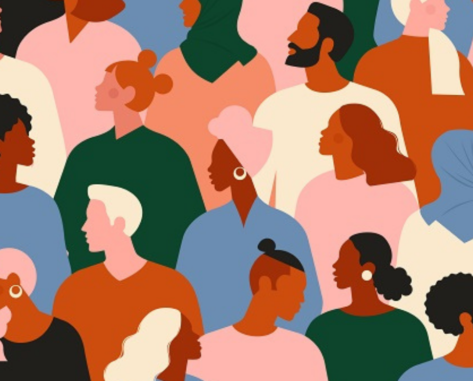



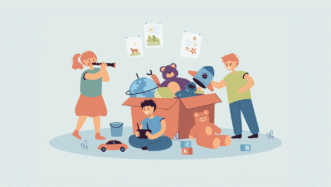
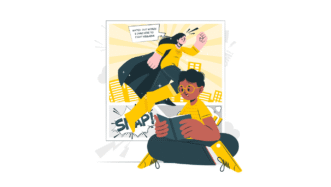
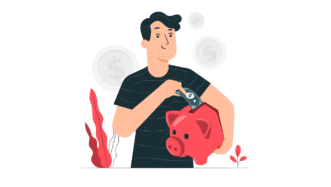
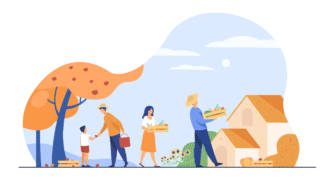
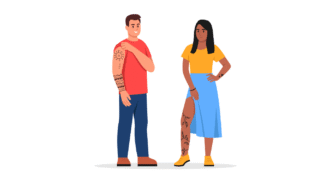
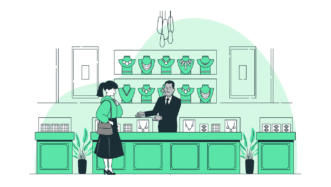


The video is full of contentious and spurious nonsense. To try to politicise sexual prefererence is ludicrous. Also, at least in British terms, it is not in accordance with reality. If there is so much “systematic racism”, an expression popular with Guardianistas, but largely meaningless, how does that account for the number of mixed-race couples and children who actually exist in the real world? This comment is provided by a Woke-ist who clearly walks around London with her eyes shut. But then again, perhaps you used an extreme point of view to provoke a strong response. It certainly worked with me!
Well, we’ve selected this video as an interesting point of view to consider. Honestly speaking, I’ve never thought about if and how much stereotypes propagated in the media affect my choices, for example, in terms of dating. The whole lesson is generally about positive/negative stereotypes and this aspect of sexual preferences is only one thing out there. I hope the bigger question is whether positive or negative stereotypes are ‘bad’ and how much we should or should not rely on them.
As always, we try not to favor any opinion and say what’s okay and what’s not but rather pose questions. Like here: Is it a thing? Have you seen this happening? Is having a racial preference something wrong? Do stereotypes shown in the media affect our choices and opinions?
This is one of my favourite lessons and it always goes down well with the students. It is a GREAT topic that can be added to and improvised and there’s loads of room for discussion… depending on one’s situation/context. I added my own info. on 1) starter pack memes and found 2) a YouTube video with a good stereotype jokes. One of my students is passionate about golf, so we followed through on 3) golfing stereotypes.
I see there is a discussion below about the video. My first peek at the video and my intuition kicked in… “Don’t use it.” for a number of different reasons it was not appropriate for my context.
Having said that… so far, my FAV lesson! A BIG Thank you…
Lydia, thank you so much for your comment and feedback! It will definitely be helpful to other teachers. Thanks for the ideas!